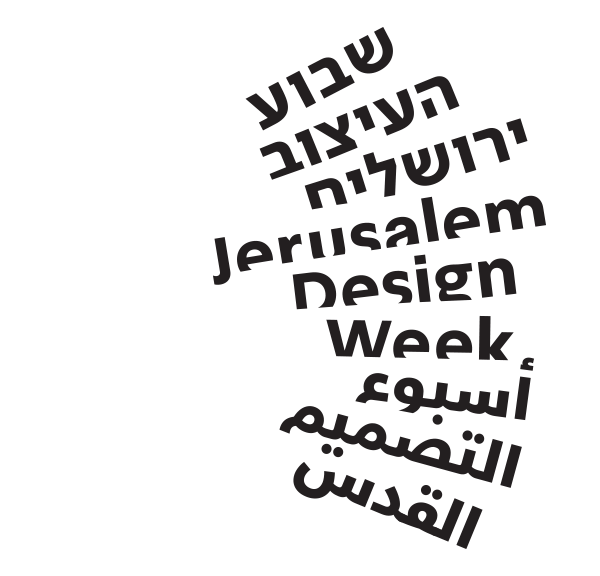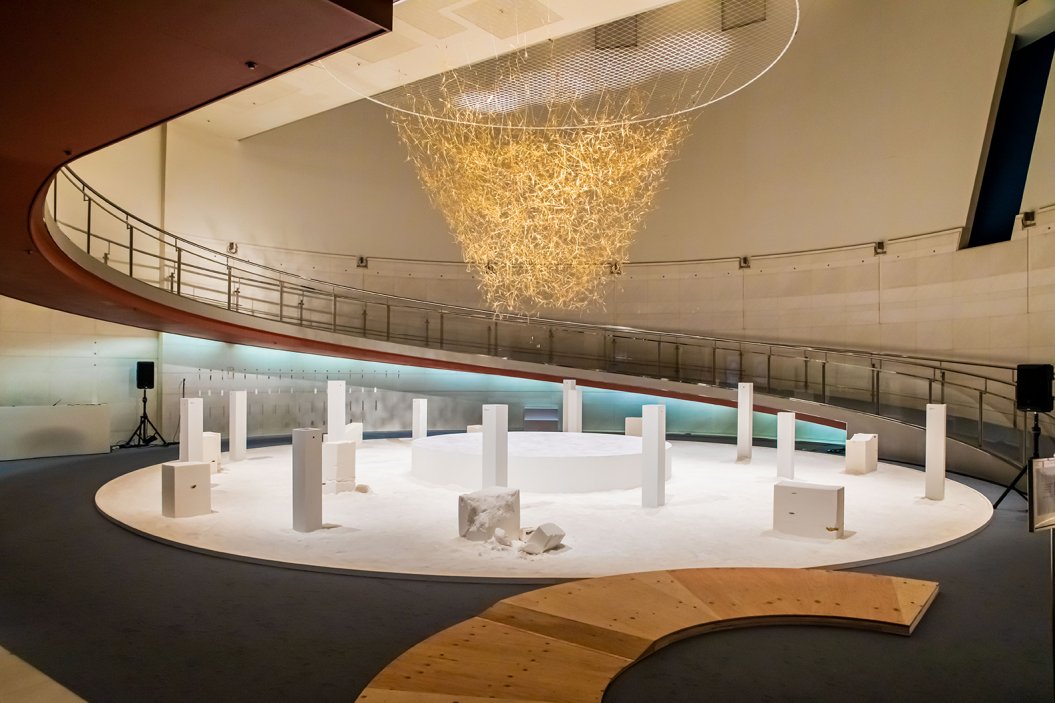
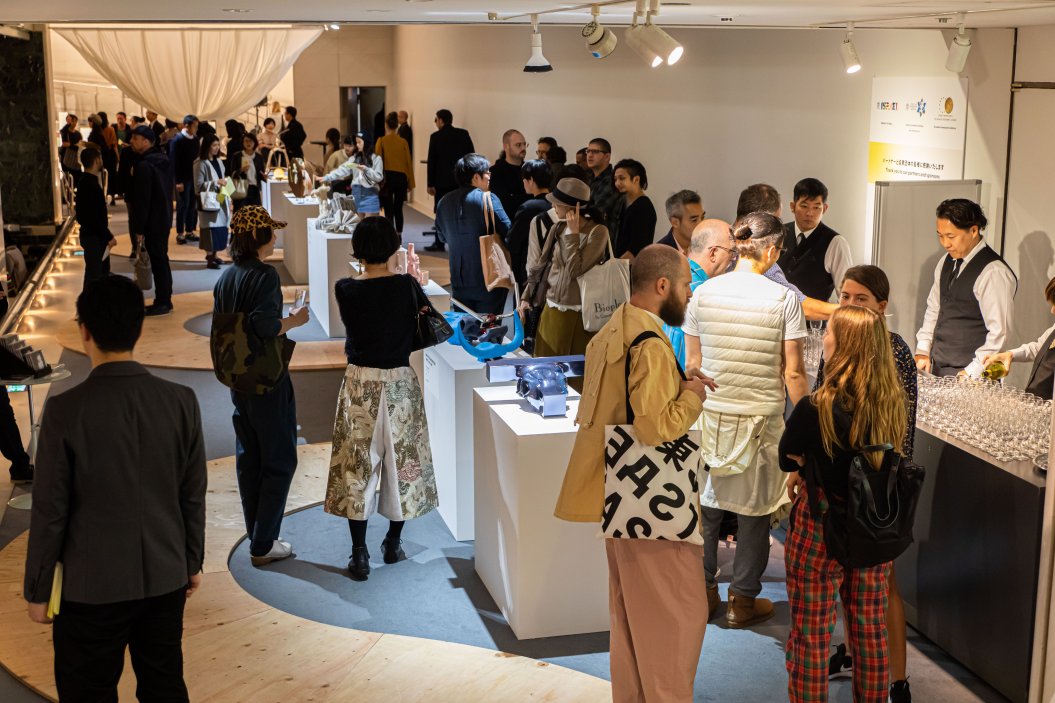
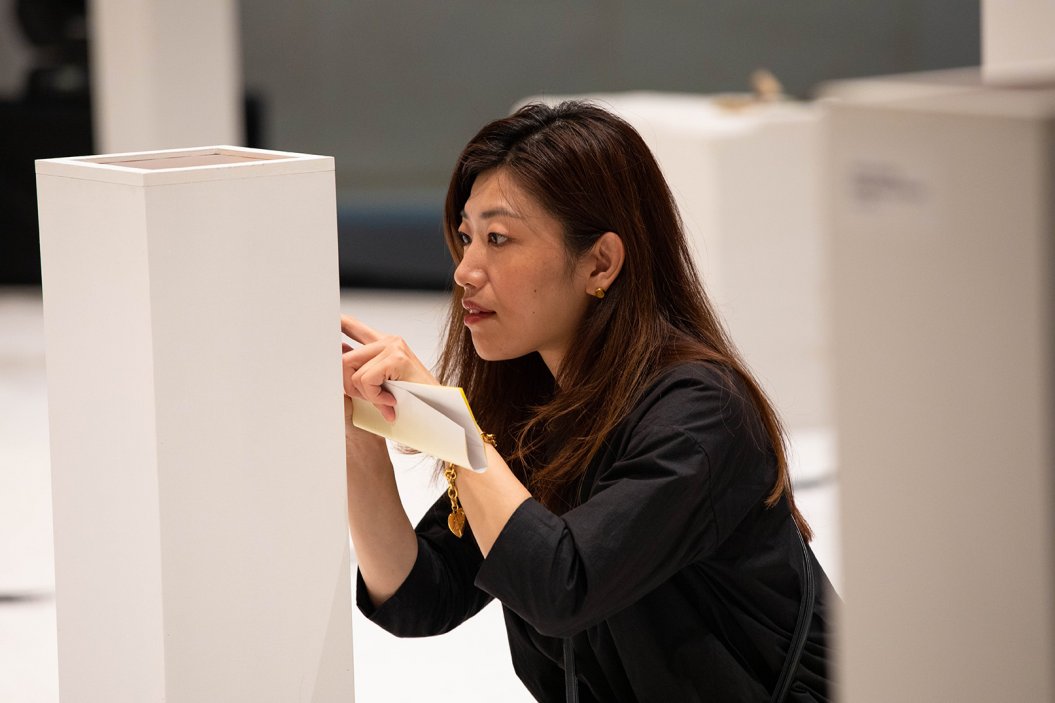
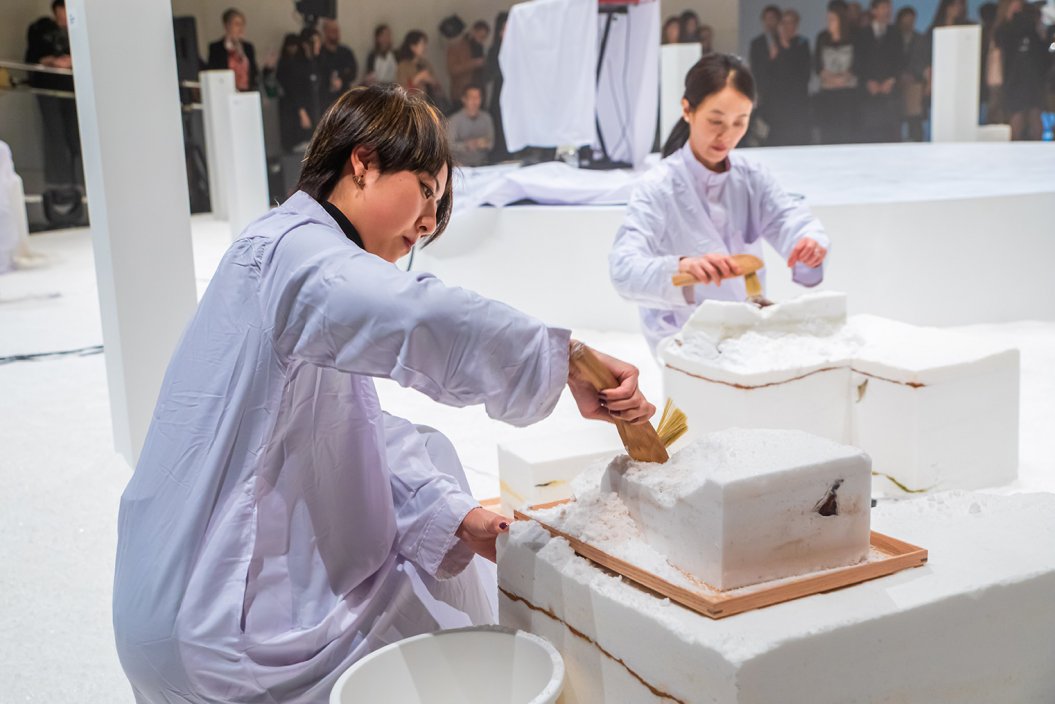
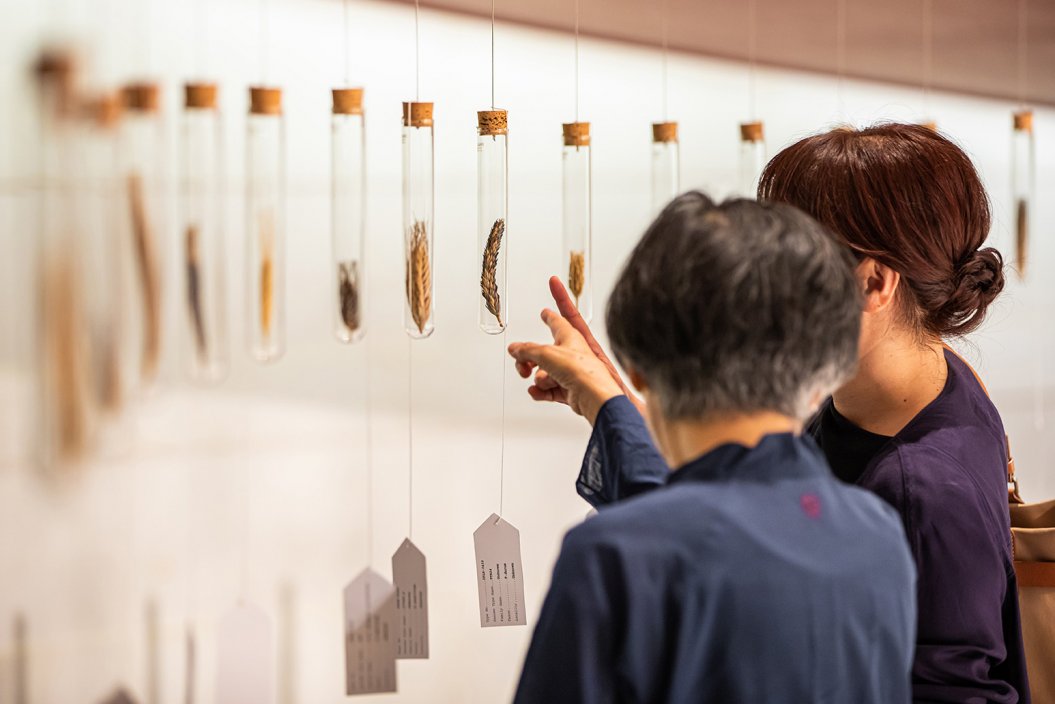
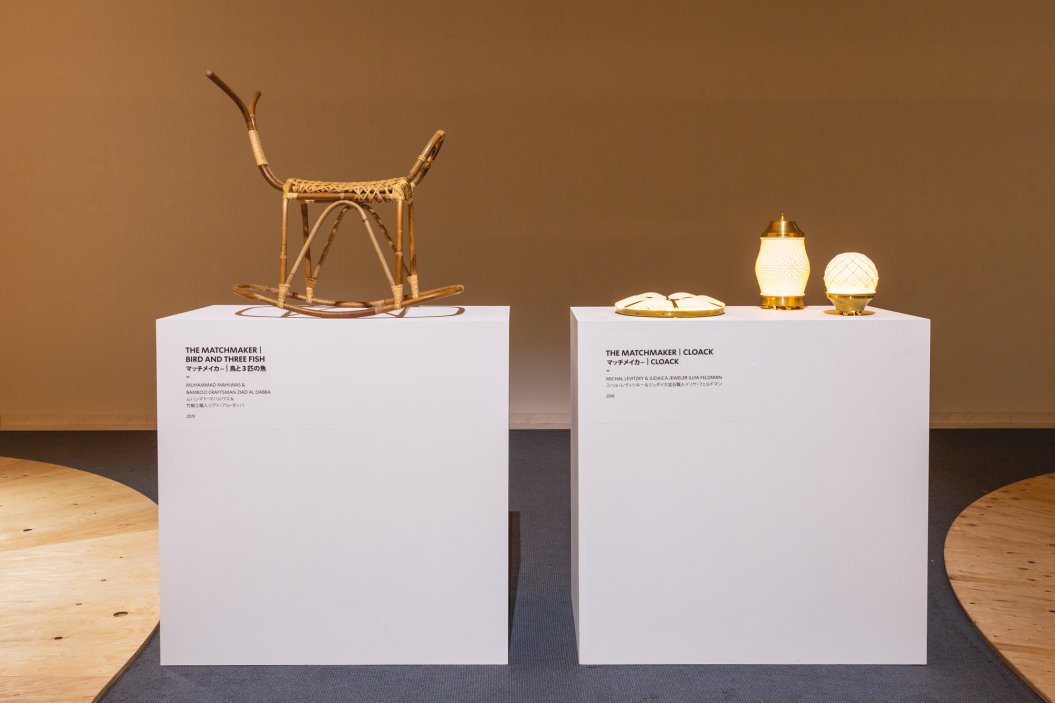
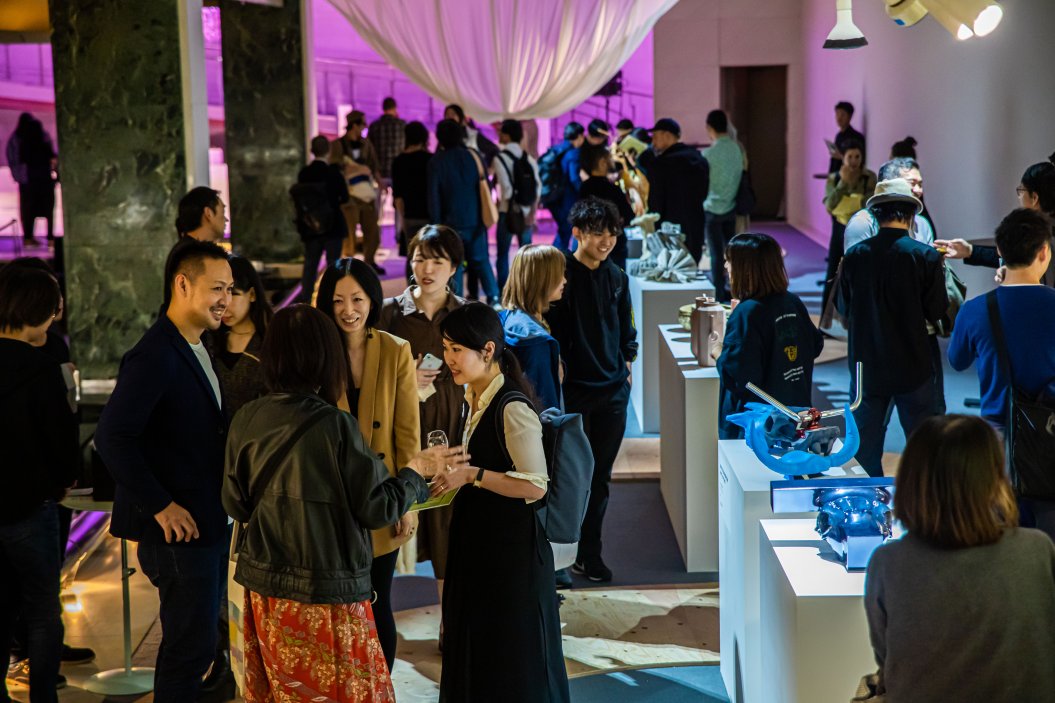
DIRECTORS: RAN WOLF & KARINE SHABTAI
CURATORS: TAL EREZ & ANAT SAFRAN
In the cross-section of resources (Nature), crafts (Culture), technology (Science) and myth (History), Design reflects locality. This locality, and its formal representation in visuals, objects, and spaces, is the result of an ever-changing balance between these four points of extreme, between what exists in a place and what is imported into it, between a gaze outside with a local perspective or an introverted exploration framed by an international context.
Yet outside time and space, this balance of knowledge, skill, story, and earth is a primal one, stemming from the very origin of man. Assumed to be not far from where Israel’s borders are marked today, it is that primal myth – that famous Garden of Eden, where design begins.

